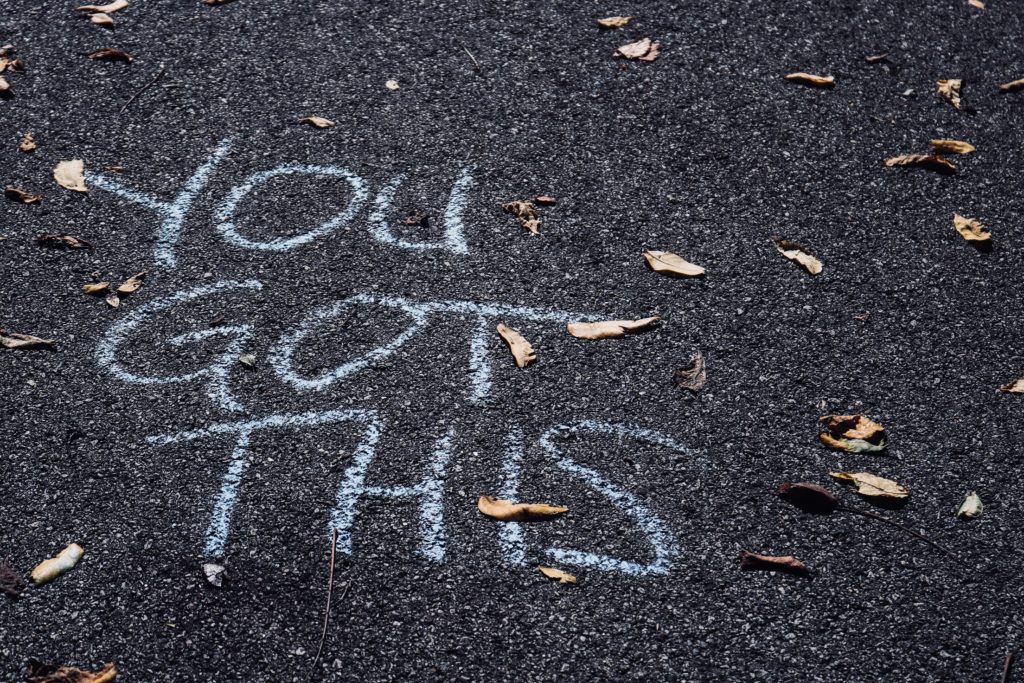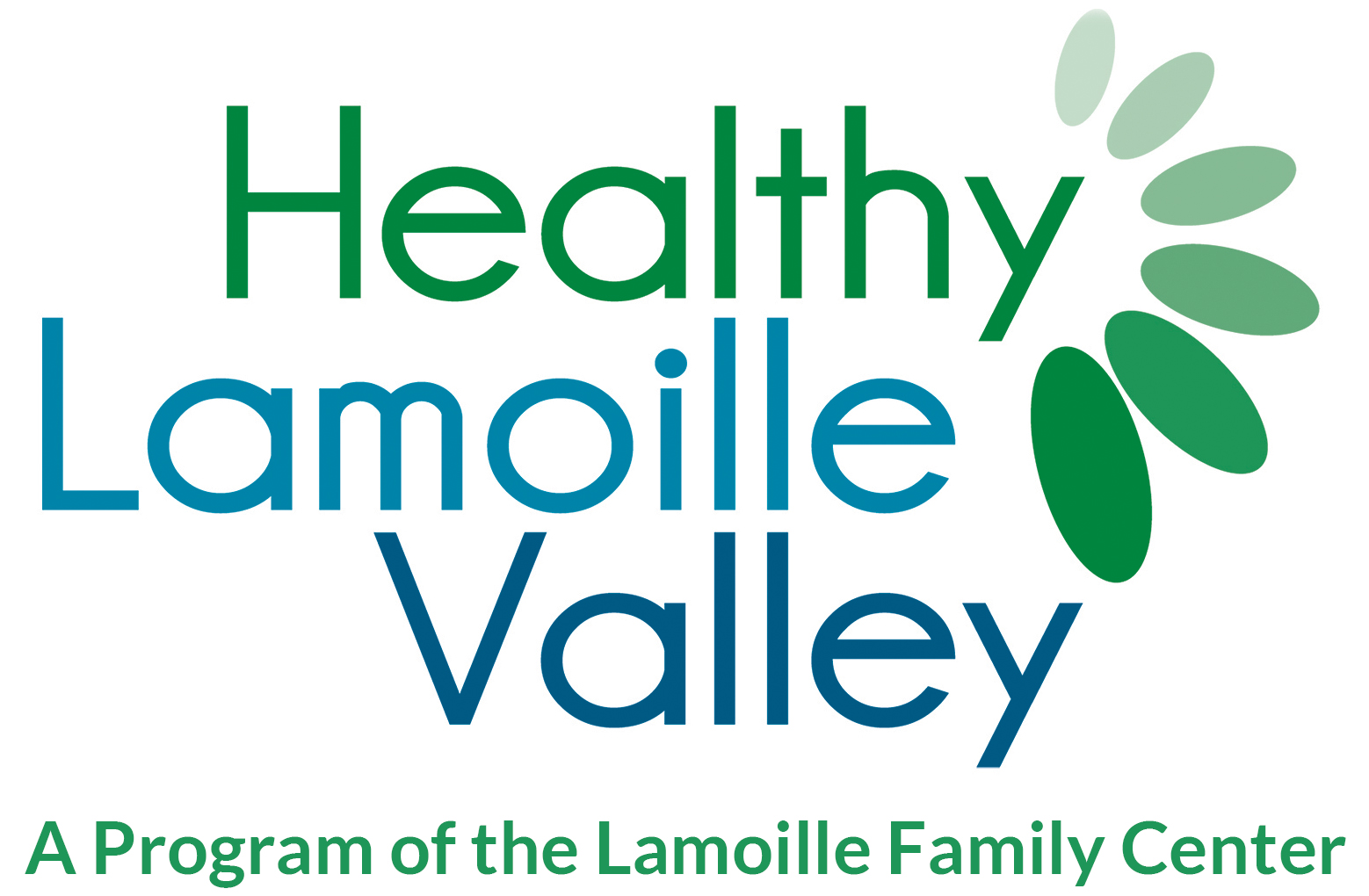
Guest Blogger: Julie Bomengen
Julie is a Vermont Licensed Clinical Mental Health Counselor (LCMHC) with 23 years of experience in the field of mental health. Julie is also a Nutritional Therapy Consultant (NTC), a certification of the Nutritional Therapy Association. She lives, works and plays in Lamoille County.
Much of my work as a mental health counselor has focused on how to help my clients identify the root sources of their distress and to learn adaptive and effective means for managing these stressors in their lives. According to a 2017 report issued by the American Psychological Association (APA), “nearly two-thirds of Americans (63 percent) say the future of the nation is a very or somewhat significant source of stress, slightly more than perennial stressors like money (62 percent) and work (61 percent).” Since I don’t have a magic wand to wave to make these and many other of my clients’ stressors disappear altogether, I focus instead on how to help them understand the detrimental impact of stress on their overall health and wellness and look at small, yet meaningful steps they can take every day to help mitigate its impact on their lives. Because stress management is such a critical component of mental health, it is one of the Pillars that I will be discussing in today’s post.
As humans, we have evolved to manage short-term bursts of stress (ie: public speaking, taking an exam, competing in an event, etc.). What we are less-equipped to deal with is the longer-term nature of elevated stress that is now a common occurrence in our modern societies. When stress levels are high or chronic, the stress hormones, cortisol and adrenaline, increase which can interfere with memory and learning, compromise immune function, increase blood pressure, and lead to an infinite number of physical health issues, as well as contribute to mood swings, depression, and anxiety disorders. Post Traumatic Stress Disorder (PTSD) can occur with both short-term and long-term exposure to traumatic or stressful events and can alter neurotransmitters, hormones, and brain structures such as the amygdala, which processes our fear response. Please note there will be a more extensive post in the future related to the treatment of trauma.
Regardless of its origin, it is always important to help empower people to know how to identify and effectively respond to how they are experiencing stress in their lives. Here are some points that I work with my clients on:
● Make a list of stressors in your life and prioritize the top 3 you’d like to address first. Taking actionable steps towards root cause resolution is an integral part of your work as all other stress management strategies will otherwise remain band aid solutions. For example: if you know that you are stressed about test-taking, seek out help in how to feel more comfortable with this task; if you are stressed in social situations or public settings, consider contacting a local counselor to learn about social anxiety and how to better understand its origin and how to work through it.
● Learn about how useful taking slow, deep and intentional breaths can be. We hear it all the time, “Take a breath – Just relax!” As annoying as it may be to hear this from others in the moment of our distress, there truly is something to this idea. When we take longer, slower breaths from our bellies (diaphragmatic breathing), we are taking in more oxygen than when we breath in a more shallow way from our chests. Physiologically speaking, this increase in oxygen sends a message of safety and relaxation to the brain and body, allowing a feeling of ease to occur as the stressful feelings decrease. This 15-minute audio recording offers a wonderful educational overview on how breath can be a mediator to help us manage stress and learn to relax.

Learning about meditation or mindfulness techniques will help you pay attention to the moment, increase feelings of calm and focus, reduce jumbled anxious thoughts, as well as symptoms of depression and pain, and increase mental clarity and memory. Meditation extends the space between stimulus and response, helping us choose to respond versus react in any given situation (think about how helpful this will be with kids, partners, parents, colleagues, neighbors, the person in traffic, friends, etc.). I recommend “bookending” your day with a 10-minute meditation in the morning to set the stage for your day and 10 minutes at night to help you decompress and unwind for the day, setting yourself up for a truly restful, restorative night of sleeping – another essential component for reducing stress!
● Research various Meditation Apps that can be used easily from your phone or computer: Insight Timer, Breathe, Calm, and Headspace are a few I often recommend. They are easy to use and many of them are free. I have one client who sets a chime on her phone to go off every 30 minutes at which time she does a 2-minute mini-breathwork meditation. She finds this regular practice an essential component of how she remains calm and responsive (versus reactive) throughout her day. Also, check out this 15-minute segment on meditation.
● For more in-depth mindfulness training, check out Mindfulness-Based Stress Reduction (MBSR). MBSR was developed by clinical psychologist Jon-Kabat Zinn to cultivate greater awareness of the ways unconscious thoughts, feelings, and behaviors can undermine emotional, physical, and spiritual health. It has been studied extensively at the Stress Reduction Clinic at the University of Massachusetts Medical Center for over 30 years, and is clinically proven to relieve chronic pain and illness.
● Consider trying yoga or tai chi, getting regular therapeutic massages, body-centered psychotherapy, enjoying daily walks in nature, connecting with people you enjoy and can relax with on a regular basis, laughing more, and working to find joy in simple pleasures and moments throughout each day.
● Remember that nutrient deficiencies and imbalances put a physiological strain on the body which adversely affects the way we think and feel. These physiological stressors can manifest as anxiety, nervousness, depression and anger. Remembering the connections between Food and Mood is a core component of stress management as research has proven that you cannot separate mental health from physical health. When the body is stressed, our emotional and mental wellbeing may be compromised. Eat and drink in ways that nourish the body and brain and produce endorphins and neurotransmitters that help us better cope with the stressors of daily life.
● Be aware of the mindset you bring to each day, remembering that this world doesn’t owe you happiness and peace. Become more conscious of your contribution to the stress you are experiencing and learn to tease apart what is worth being worried about and what has become habituated. Remembering that there is an impermanence with everything helps us understand that even our difficulties are passing through. This perspective can help us with cultivating contentment and feeling gratitude for what is instead of focusing on what is not. This, in turn, will help reduce some degree of stress. Consider this from poet Mary Oliver, “Finally I saw that worrying had come to nothing. And gave it up. And took my old body out into the morning and sang.”
● Cultivate contentment and gratitude as a way to gain perspective on your stress. From The Book of Joy by the Dalai Lama and Desmond Tutu, the 8 Pillars of Joy are discussed: 4 Qualities of the Mind (Perspective, Humility, Humor and Acceptance) and 4 Qualities of the Heart (Forgiveness, Gratitude, Compassion and Generosity). I’ve chosen a few quotes from the book, which I highly recommend:
“Grateful people report more positive emotions, more vitality and optimism and greater life satisfaction as well as lower levels of stress and depression.”
“Scientists have long known that our brains have evolved with a negative bias. It was no doubt advantageous for our survival to focus on what was wrong or dangerous. Gratitude cuts across this default mode of the mind. It allows us to see what is good and right and not just what is bad and wrong.”
“There is always the choice available to us and an ability (if we choose it) to reframe any given situation more positively — With our Mind we create our World.”
By virtue of being human, some degree of stress is inevitable but chronic stress that undermines your mental health is not. Pick one bullet point from the list above and get started on your way to reducing the impact of stress on your emotional and mental well-being. Lastly, consider the following short mindful meditation from Nobel Prize winner, monk, and peace activist Thich Nhat Hahn’s book, Being Peace:
“Breathing in, I calm my body. Breathing out, I smile. Dwelling the present moment, I know this is a wonderful moment.”
Additional resources to further your education and information:
https://www.nami.org/find-support/living-with-a-mental-health-condition/managing-stress
https://www.mqmentalhealth.org/posts/stress-and-mental-health
https://chriskresser.com/your-gut-microbiome-and-anxiety-whats-the-connection
http://www.buddhanet.net/audio-meditation.htm
Originally published November 12th, 2019 on Live Well Lamoille.
